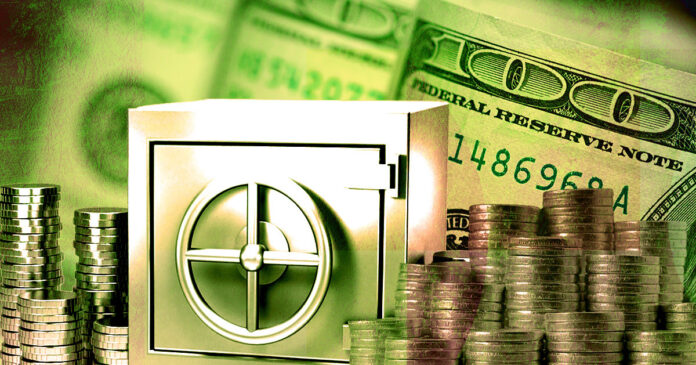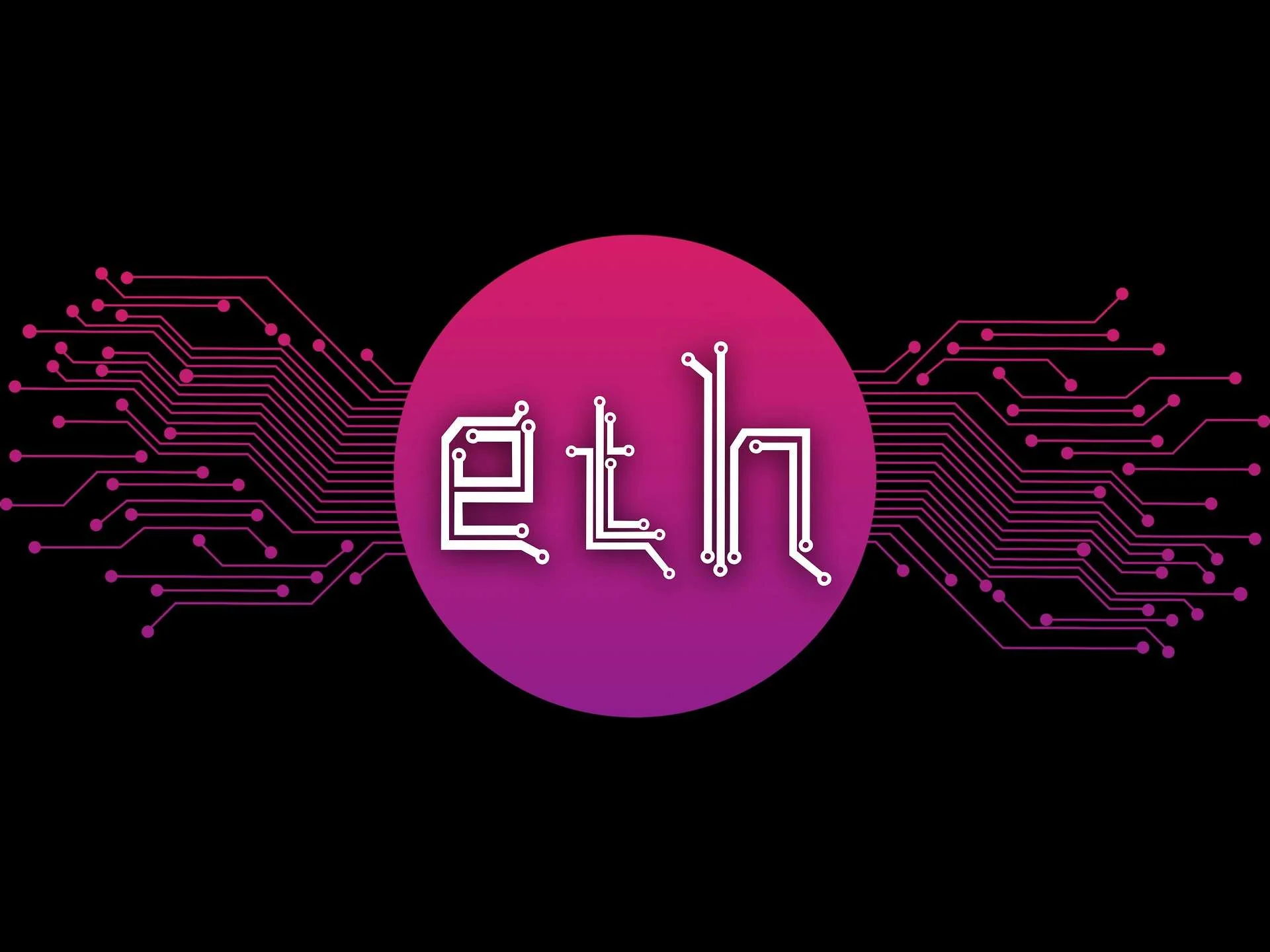Binance, one of the world’s largest crypto exchanges, updated its proof-of-reserves (PoR) system to include 11 new tokens. These include Mask Network (MASK), Dogecoin (DOGE), Curve DAO Token (CRV), 1inch (1iNCH), and more.
According to the March 7 update, Binance’s PoR system now reflects the reserves held for the added new tokens in addition to the 13 previously added. The total reserves for the 24 assets on Binance exceeded $63 billion as of March 1.
USD Coin (USDC) had the highest reserve ratio at 54,90.54%. Binance held $3.55 billion worth of USDC, while users have a net balance of $64.7 million worth of assets.
Binance USD (BUSD) had the second-highest reserve ratio at 128.81%, while BNB (BNB) followed at a close second at 123.85%.
Bitcoin (BTC) and Ethereum (ETH) of Binance customers are collateralized at just above 101% each. Binance holds 4.47 million ETH, and its BTC holdings stood at around 556,000 tokens.
Binance claims to have all user funds collateralized with at least a 1:1 ratio in addition to more reserves.
Binance’s attempt to gain user trust
After the FTX fallout, the whole crypto community asked for more transparency from exchanges on how user assets are stored and protected. So Binance became one of the first exchanges to publish PoR in late November 2022.
Binance’s PoR system uses Merkle trees to add up on-chain data so users can verify that their assets are safe in the exchange’s custody.
Last month, Binance updated the PoR system to incorporate zk-SNARKs, zero-knowledge protocols that increase the privacy and security of user data during the verification process. The zk-SNARK verification process makes Binance’s proof of reserves more transparent, verifiable, and less prone to tampering, the exchange claims.
The update was in line with Ethereum co-founder Vitalik Buterin’s suggestion on making centralized exchanges more safe and trustless. Binance also made its PoR system code open-source.
Credit: Source link























 Bitcoin
Bitcoin  Ethereum
Ethereum  XRP
XRP  Tether
Tether  Solana
Solana  USDC
USDC  Dogecoin
Dogecoin  Cardano
Cardano  Lido Staked Ether
Lido Staked Ether  TRON
TRON  Chainlink
Chainlink  Avalanche
Avalanche  Wrapped Bitcoin
Wrapped Bitcoin  Wrapped stETH
Wrapped stETH  Stellar
Stellar  Sui
Sui  Toncoin
Toncoin  Hedera
Hedera  Shiba Inu
Shiba Inu  Litecoin
Litecoin  WETH
WETH  LEO Token
LEO Token  Polkadot
Polkadot  Hyperliquid
Hyperliquid  Bitcoin Cash
Bitcoin Cash  Bitget Token
Bitget Token  Uniswap
Uniswap  USDS
USDS  Wrapped eETH
Wrapped eETH  Ethena USDe
Ethena USDe  Official Trump
Official Trump  Pepe
Pepe  NEAR Protocol
NEAR Protocol  Ondo
Ondo  MANTRA
MANTRA  Aave
Aave  Aptos
Aptos  Internet Computer
Internet Computer  Monero
Monero  WhiteBIT Coin
WhiteBIT Coin  Ethereum Classic
Ethereum Classic  Bittensor
Bittensor  Mantle
Mantle  Cronos
Cronos  Dai
Dai  POL (ex-MATIC)
POL (ex-MATIC)  OKB
OKB 
